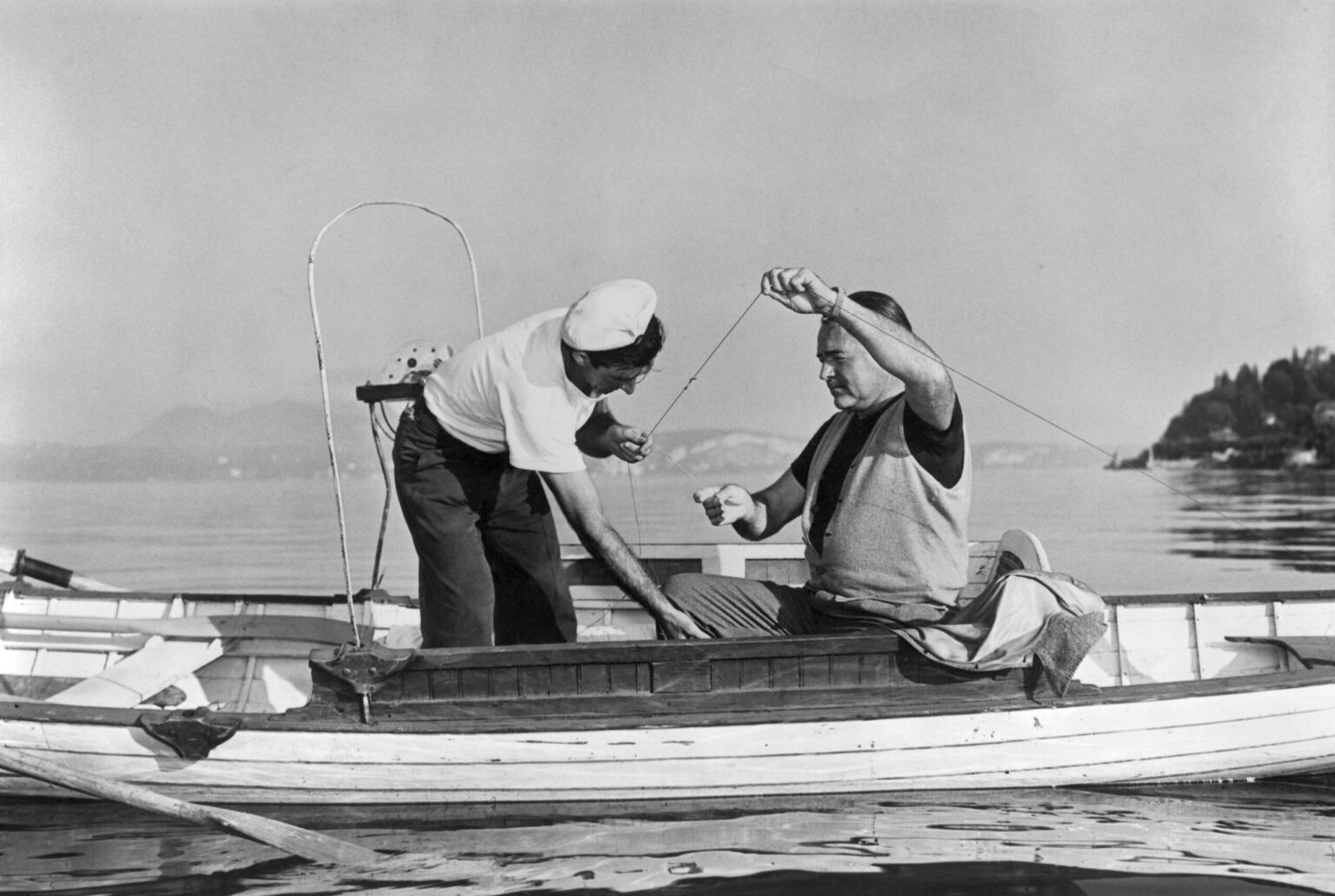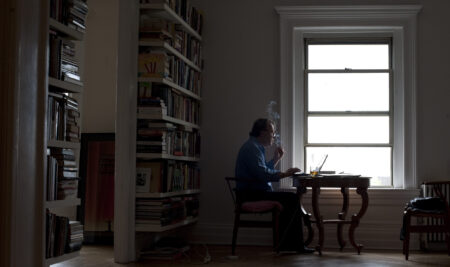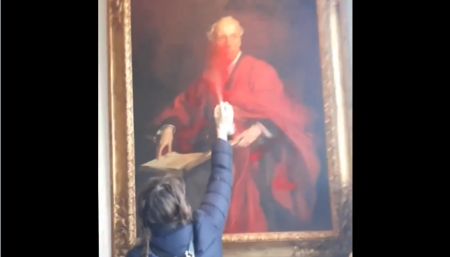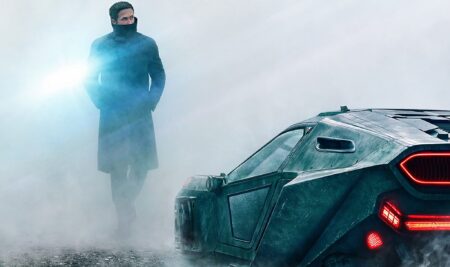Growing up, I didn’t have enough of an appreciation for short stories. I thought the thicker the book, the more knowledge within. Even more than that, the more I could boast about having finished it. I looked at knowledge as a possession. Another chest to hoard in the keep like a medieval beast.
That’s changed in the past few years. I like to end my nights with short stories. I’m currently revisiting Ernest Hemingway’s collection of short stories titled In Our Time. One story that has stuck with me in light of the hopelessness that hangs like a cloud over America’s heartland is one of the Nick Adams stories titled “The End of Something.” Hemingway opens by chronicling the decline of the saw mill in Hortons Bay:
The schooner moved out of the bay toward the open lake, carrying the two great saws, the travelling carriage that hurled the logs against the revolving, circular saws and all the rollers, wheels, belts and iron piled on a hull-deep load of lumber. Its open hold covered with canvas and lashed tight, the sails of the schooner filled and it moved out into the open lake, carrying with it everything that had made the mill a mill and Hortons Bay a town.
Ten years on, Nick and Marjorie troll for trout in the channel. All that’s left of the mill is “the broken white limestone of its foundations showing through the swampy second growth.”
The men of Hortons Bay had lost a part of themselves when the mill moved on. There were still women and fish around Hortons Bay, which can preoccupy any man for quite a long while. But the schooner not only took the saws, but the men’s work and dignity. How to keep a woman without fulfilling your duties to her? How to truly enjoy leisure when it does not follow a sense of completion—logging a hard day’s work? Nick feels it, though unconsciously. He is listless and restless. When Marjorie asks what’s wrong, he can only reply “I don’t know.”
Nick decides he can’t keep Marjorie. Love “isn’t fun” anymore. And the fish just won’t bite.
Read the full article here














